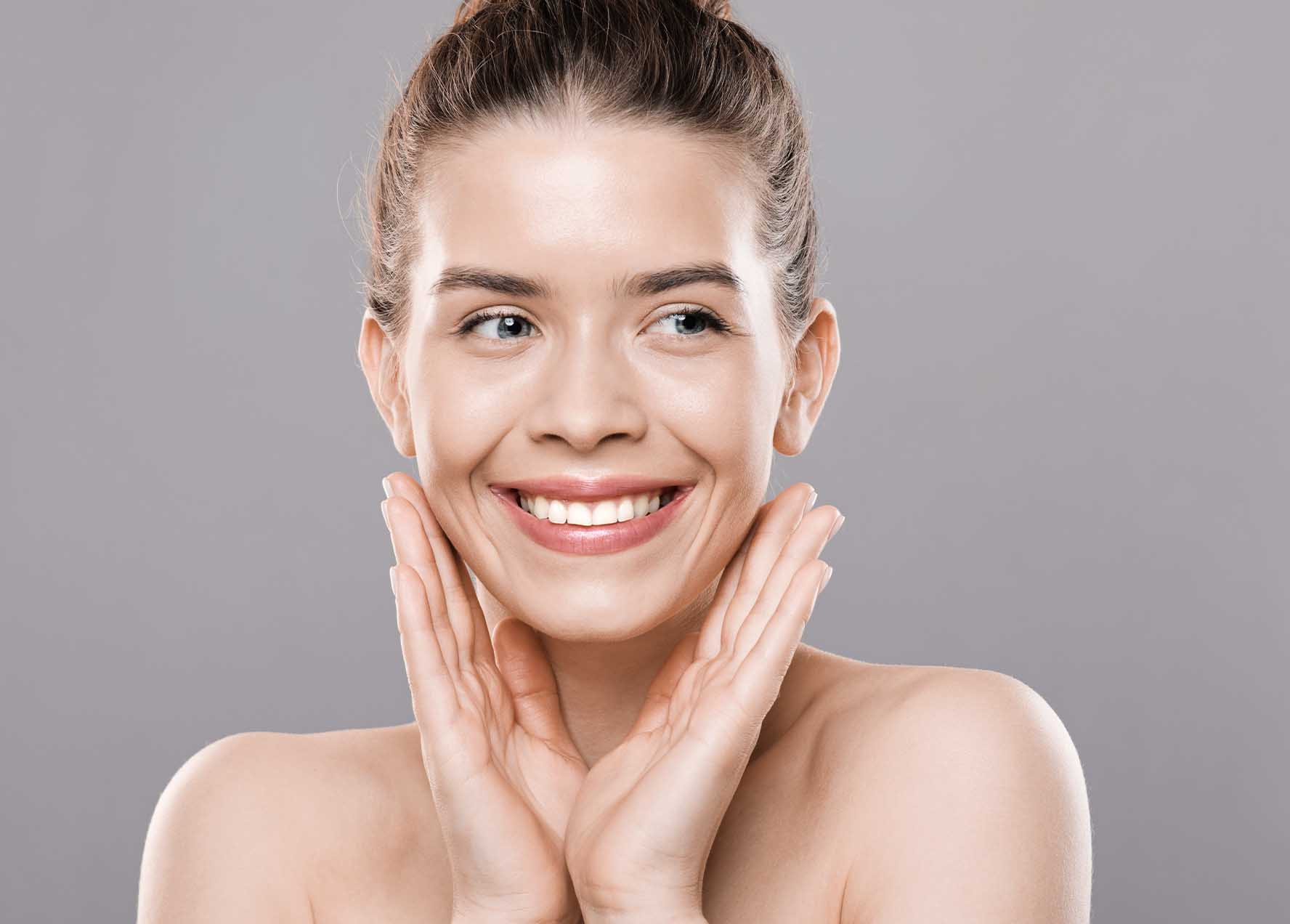Rosacea: What Triggers It? What Heals It?
Rosacea Treatment in Dubai is a chronic skin condition that primarily affects the face, characterized by redness, visible blood vessels, and often pimples similar to acne. Though it can affect anyone, it tends to be more prevalent among women and those with lighter skin. Understanding the triggers of rosacea and exploring effective treatments can help manage this condition and improve the quality of life for those affected.
What Triggers Rosacea?
Identifying what triggers rosacea is crucial for effective management. Triggers can vary significantly from person to person, but some common factors include:
1. Environmental Factors
Environmental factors can play a significant role in the onset and exacerbation of rosacea. These include:
Extreme Temperatures: Both heat and cold can cause flare-ups. Sudden changes in temperature, such as stepping from a cold environment into a heated one, can provoke symptoms.
Humidity: High humidity levels may aggravate rosacea symptoms for some individuals.
Sun Exposure: Ultraviolet (UV) rays from the sun are a well-known trigger for rosacea. Even a brief amount of sun exposure can lead to a flare-up.

2. Dietary Triggers
Diet can significantly impact rosacea symptoms. Some foods and beverages that may trigger flare-ups include:
Spicy Foods: Spices can cause flushing and increase redness in some people.
Alcohol: Particularly red wine and other alcoholic beverages can dilate blood vessels and worsen rosacea.
Hot Beverages: Beverages like coffee or tea that are served hot can also trigger a reaction.
3. Emotional Factors
Emotional triggers, such as stress and anxiety, can exacerbate rosacea symptoms. Stress can lead to increased blood flow and flushing, making the skin appear redder.
4. Skin Care Products
Certain skin care products can irritate the skin and provoke rosacea flare-ups. It’s essential to choose products that are gentle and free from potential irritants, such as:
Fragrances: Many skin care products contain fragrances that can irritate sensitive skin.
Alcohol-Based Products: These can dry out the skin and lead to increased irritation.
5. Hormonal Changes
Hormonal fluctuations, particularly in women, can trigger rosacea. Many women report flare-ups associated with their menstrual cycle, pregnancy, or menopause due to changes in hormone levels.
6. Medications
Certain medications can provoke rosacea symptoms. For example, topical steroids used to treat other skin conditions can lead to rosacea-like symptoms if used for extended periods.
What Heals Rosacea?
While there is currently no cure for rosacea, various treatments can help manage symptoms and reduce flare-ups. Here are some effective healing options:
1. Topical Treatments
Topical treatments are often the first line of defense for managing rosacea. These may include:
Metronidazole: A common prescription cream or gel that reduces inflammation and redness.
Azelaic Acid: Helps reduce redness and inflammation while also treating acne-like breakouts.
Ivermectin: This topical treatment targets the inflammatory component of rosacea.
2. Oral Medications
In more severe cases, oral medications may be prescribed. These can include:
Antibiotics: Oral antibiotics such as doxycycline can help reduce inflammation and bacterial growth associated with rosacea.
Isotretinoin: In severe cases that do not respond to other treatments, isotretinoin may be considered.
3. Laser and Light Therapies
For individuals with persistent redness or visible blood vessels, laser and light therapies can be effective. These treatments work by targeting blood vessels and reducing redness in the skin. Common procedures include:
Pulsed Dye Laser (PDL): Targets and reduces visible blood vessels, improving redness.
Intense Pulsed Light (IPL): A non-laser light therapy that can treat redness and flushing.
4. Lifestyle Modifications
Making certain lifestyle changes can significantly impact the management of rosacea. These include:
Sun Protection: Daily application of a broad-spectrum sunscreen with SPF 30 or higher can help prevent flare-ups triggered by sun exposure.
Gentle Skin Care Routine: Use mild cleansers and avoid scrubs and harsh exfoliants. Opt for products labeled as “non-comedogenic” and “fragrance-free.”
Avoiding Triggers: Keeping a diary to identify personal triggers can help individuals avoid situations or substances that provoke flare-ups.
Stress Management: Techniques such as mindfulness, yoga, and regular exercise can help reduce stress levels and the impact of emotional triggers.
5. Dietary Adjustments
Making dietary changes can also contribute to managing rosacea symptoms:
Hydration: Staying well-hydrated can help maintain skin health.
Anti-Inflammatory Foods: Incorporating foods rich in antioxidants and omega-3 fatty acids, such as fruits, vegetables, fish, and nuts, can have anti-inflammatory effects.
Limiting Trigger Foods: As previously mentioned, avoiding spicy foods, hot beverages, and alcohol may help reduce flare-ups.
Conclusion
Understanding the triggers and healing methods for rosacea can empower individuals to take control of their skin health. While rosacea may be a chronic condition, a combination of medical treatments, lifestyle adjustments, and careful management of triggers can lead to significant improvements in symptoms. If you suspect you have rosacea, consider consulting a dermatologist for a personalized treatment plan tailored to your specific needs. With the right approach, it is possible to manage rosacea effectively and enjoy a clearer, more confident complexion.